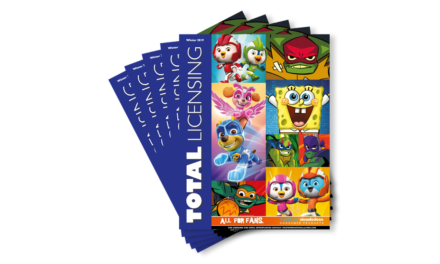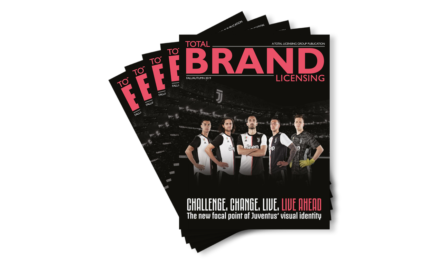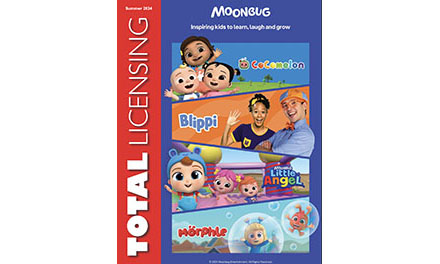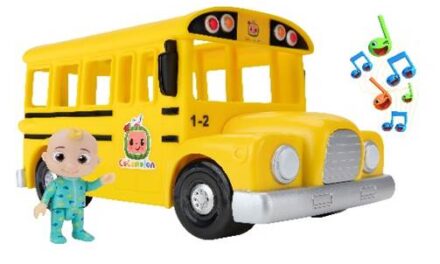
Kids Industries’ Global Family Conference Reveals Worldwide Change and Insights
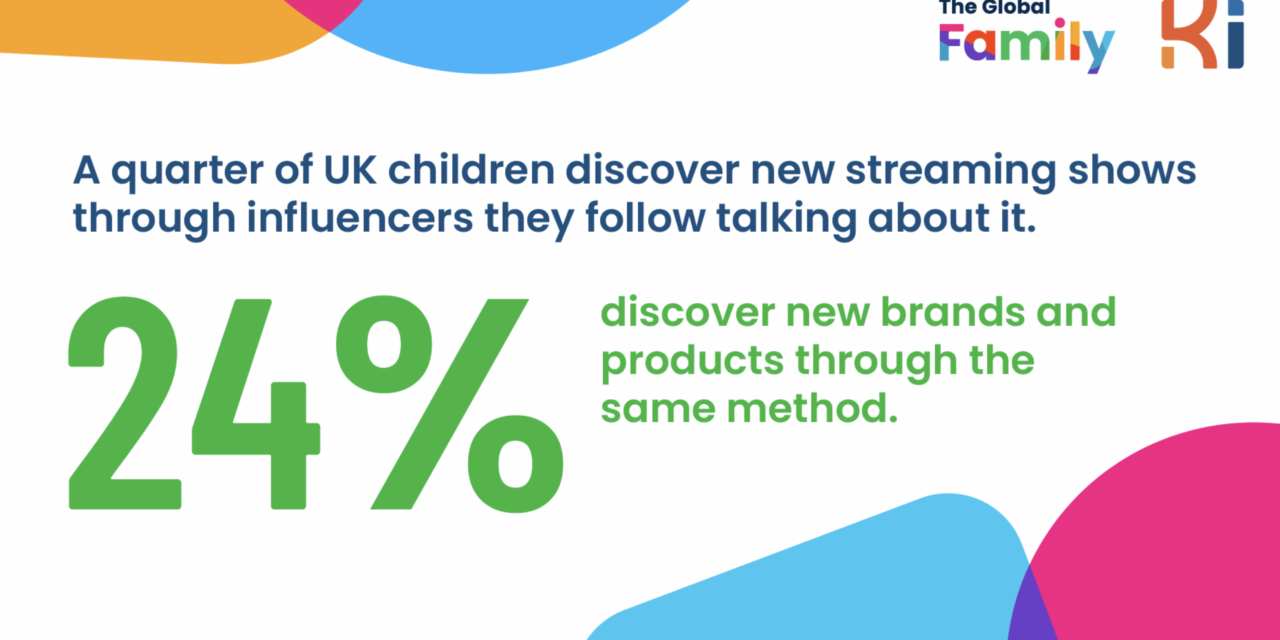
Kids Industries’ Global Family Conference reveals UK parents are the most stressed in the world and South Korea’s the most tired
Brands, retailers and content producers have been urged to come to terms with the significant changes in the way that children play and learn and to support struggling parents, during Kids Industries’ (KI) Global Family Conference, which took place in London yesterday.
The one-day event, attended by 200+ delegates from the licensing, toy, gaming, edtech and sustainability sectors, saw the launch of KI’s Global Family Study – carried out across 5,000 families across 10 countries, spanning six continents.
Jelena Stosic, Strategy Director at KI, kicked off the day by drawing attention to the different parenting styles and values held by families across the world today and highlighted how parents are struggling.
She said: “The multiple challenges parents face are giving rise to stress and exhaustion. This is a concern because the increased demands create a pressurised environment for all family members, making balance more difficult. From the children’s perspective, this compounds school pressures, and goes to show why all of us (including children and parents) are craving relaxation/ease, support and community, which are currently inspiring policy makers, lobby groups and product development teams.”
More support is needed
- 40% of UK parents wish they had more advice on how to be a good parent – this rises to 73% of Mexican parents.
- Confidence in their ability to parent is highest in Brazil where 81% feel they’re good at it, compared with 47% in the UK and just 28% in South Korea.
- UK parents are the most stressed out – spending 2% of time more stressed consistently (an average of 28 minutes per day) versus the rest of world, and South Korean parents are the most tired – reporting 5% more time consistently.
Parenting styles differ across the globe
When comparing full inclusivity (“everyone should be able to participate regardless of ability”) to a more selective approach (“those who are more gifted should be prioritised”), parents in the UK and Saudi Arabia were the only ones likely to lean towards an inclusive approach. In India 60% of parents lean towards selective, compared to 21% choosing inclusivity.
- Parents believe the most desired skills for the future are soft skills, which have taken priority over hard or more traditionally academic skills. In the UK, confidence tops the list at 47%, whilst harder skills such as critical thinking (17%), academic skills (15%) and different languages (9%) have been deprioritised.
Children’s hopes, dreams and fears
- UK children today are goal driven – 8% aspire to fame, but just over a fifth (21%) want to change the world for the better – rising to 36% amongst kids from Nigeria.
- Being happy is a goal for 50% of UK children with a well-paid job coming in second place (47%). Having a good education comes in third place – with 32%.
- The No. 1 activity (73%) for UK children is now watching online videos followed by watching streaming or on-demand television e.g. Netflix, HBO Max, Disney+ (67%). Playing mobile games/apps comes in third place (60%). 59% enjoy playing outdoors at least once a week – this compares with 75% of children in Brazil.
- 67% of UK children feel positive about the future, too – in comparison to 74% globally.
- The environment and climate (i.e. forests being cut down and climate change) are UK children’s biggest concerns about the future (33%) followed by financial problems i.e. not having the money to afford things they need (32%).
Raj Pathmanathan, Creative Director at KI, led the session on building affinity with brands and, based on the study findings, looked at the changes within the global family, which are impacting the application of brand love principles.
He revealed: “Children’s love for a brand is dictated by their age and developmental stages and whilst the influence of parents on children’s decision making is clear, increased access to digital products and services means that children today have increased control over their decision making. Kids have a new found independence.”
Move over helicopter parenting – collaboration now key
The parent may be buying, but UK children now have a huge influence on family purchases: 60% influence family leisure activities / days out, 44% propose which TV/film streaming platforms parents to subscribe to and 42% have their say on holiday destinations.
Pathmanathan commented: “Whilst parents might be making the final purchasing decision – it is the child that is now firmly in the driving seat, lobbying the parent when it comes to everything from groceries and personal tech to days out and holidays.”
Brands are talking to children sooner
Much of the content UK children aged 4-6 engage with is chosen independently by them – a seismic shift. Of this group:
- 51% have access to a smartphone and 88% have access to a tablet. A further 72% have access to smart devices (Smartwatch, generic or kids focused smart speaker).
- Children are also accessing services, which though not necessarily designed for them, allow for the rapid dissemination of high volumes of content. 56% use the perpetually popular YouTube, 9% use TikTok and 8% use WhatsApp. In total 12% use messaging apps such as WhatsApp, Signal, Telegram and Snapchat.
- This means that much of the content children engage with is chosen independently by them.
- 21% choose most or all of their audio content
- 42% select most/all of their online video content
- 39% decide on most/all of their TV/streaming content
- 32% choose their own gaming content
Children’s spheres of influence have expanded
Where previously, parents, siblings and friends would prompt engagement with different brands, today online influencers now have a huge role to play.
- A quarter of UK children discover new streaming shows or films through influencers they follow talking about it. 24% discover new brands and products through the same method.
- Influencers now rival friends and family in decision-making for the family – with toy influencers actually being more important than friends and relatives (18% versus 15%). The split is also now equal (16%) for apparel. Influencers lag behind friends and family but only approximately 4% for groceries and technology.
- Peer influence is also growing in scale as children connect and share with one another on messaging apps, social media platforms and gaming platforms. They can proudly display their fandom not just on their t-shirt but on their avatar. Over a third (34%) of UK children (aged 4-13) use social media and 46% of this group play Roblox – a game focused on connecting with friends.
“Brands today must be brave to be successful – making hard choices and doubling down on the select number of channels which are generating high engagement amongst kids. The good news is that the proliferation of digital platforms is enabling more than passive entertainment consumption, children are now creating videos and digital worlds themselves on platforms such as YouTube, TikTok, Roblox and Minecraft. The low barriers to entry across these platforms is enabling every child to be a creator today if they want to be – and that’s got to be a good thing to get involved in,” Pathmanathan concluded.




